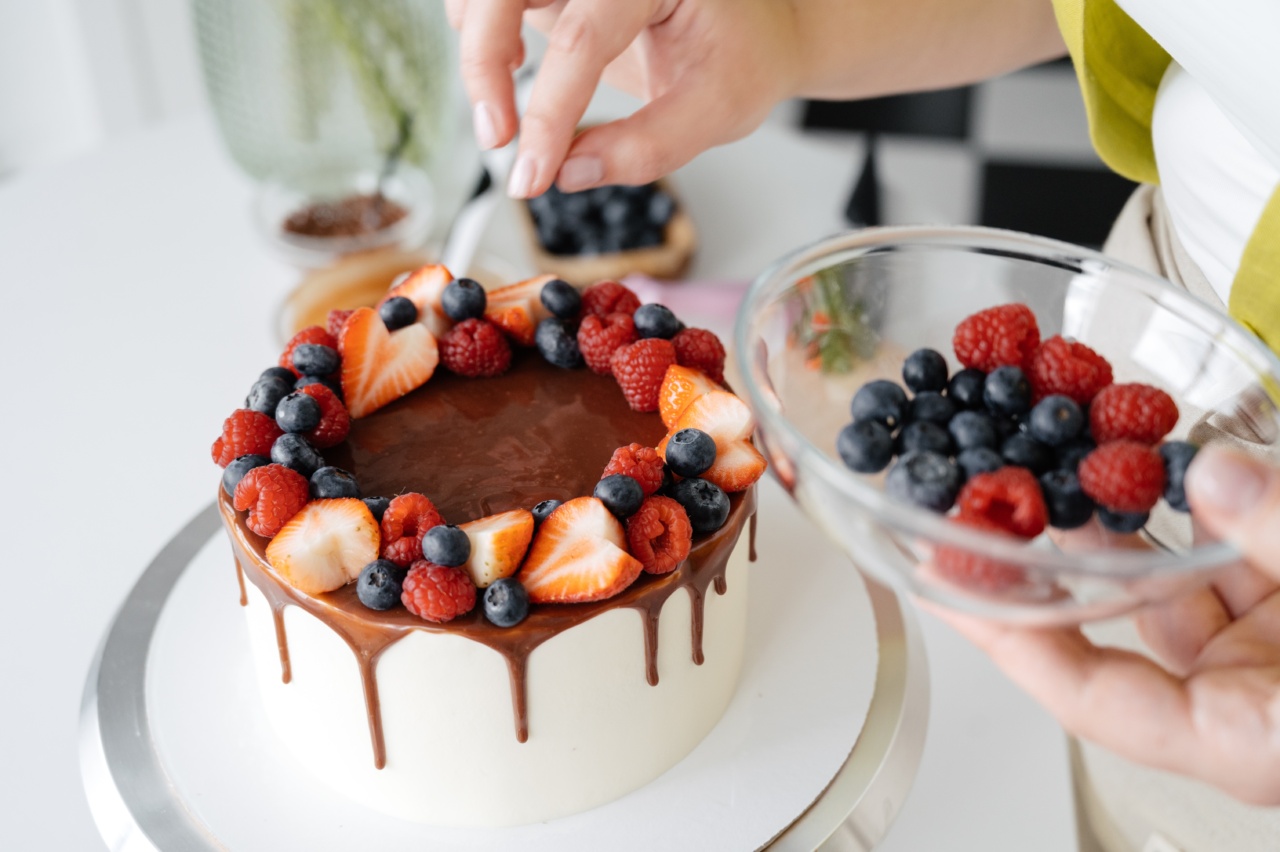A cholesterol test, also known as a lipid profile, measures the levels of cholesterol and other fats in your bloodstream. It’s an important test that helps determine your risk of heart disease and stroke.
If your doctor has ordered a cholesterol test, you may be wondering how to prepare for it. One of the questions you may have is whether you can eat normally the day before the test. This article will give you the answer and some tips on how to prepare for a cholesterol test.
What is Cholesterol?
Before we dive into how to prepare for a cholesterol test, let’s first define what cholesterol is. Cholesterol is a type of fat that is found in your blood.
Your liver naturally produces cholesterol, and you also get it from eating certain types of foods, such as meat and dairy products.
Though cholesterol is necessary for your body’s functioning, too much of it can clog your arteries and lead to heart disease and stroke.
That’s why it’s important to have your cholesterol levels checked regularly and take steps to manage high levels.
Can I Eat Before a Cholesterol Test?
Now to the question at hand: Can you eat normally the day before a cholesterol test? The answer is not a straightforward yes or no.
The specifics of how to prepare for your cholesterol test may depend on your doctor’s instructions, but there are some general guidelines to follow. For a standard lipid profile blood test, you’ll be asked to fast for nine to 12 hours beforehand.
That means you shouldn’t eat anything or drink anything except water for this period.
The reason for fasting is because the levels of fats in your blood, such as triglycerides and LDL cholesterol, can temporarily rise after eating a meal. Fasting can help get a more accurate reading of your blood lipid levels.
If you don’t fast, your cholesterol results may not be as accurate as they should be.
How to Prepare for Your Cholesterol Test?
Here are some tips on how to prepare for a cholesterol test:.
1. Ask Your Doctor About Any Fasting Instructions
Before your test, make sure to ask your doctor about any specific instructions. Depending on the type of cholesterol test you are having, fasting may be required.
Your doctor can inform you of any restrictions on food, drinks, or medications that may affect the results of your test.
2. Fast for the Required Amount of Time
If your doctor advises you to fast, make sure you fast for the required amount of time. Typically, this means not eating or drinking anything except for water for 9-12 hours before your test.
If you’re unsure about when to stop eating or drinking, ask your doctor for guidance.
3. Avoid Alcohol and Caffeine
Alcohol and caffeine can affect your cholesterol levels, so it’s best to avoid them before your test. Alcohol can increase triglycerides, while caffeine can raise cholesterol levels.
It’s best to avoid alcoholic beverages and caffeine-containing foods and drinks for at least 24 hours before your test. Stick to drinking water to ensure accurate results.
4. Take Any Medications as Prescribed
If you take medications for high blood pressure or cholesterol, take them as prescribed by your doctor. However, if you are unsure if you should take your medication before a cholesterol test, ask your doctor.
5. Stay Hydrated
Drink plenty of water before your fast begins and make sure to drink water during the fast. It’s important to stay hydrated, and drinking water can help keep your blood flowing properly and prevent dehydration.
6. Follow a Healthy Diet
Eating a healthy diet can help control your cholesterol levels over time.
Prior to your cholesterol test, try to follow a healthy diet that is low in saturated fats and includes plenty of fruits, vegetables, whole grains, and lean protein sources, such as fish and chicken. Avoid eating fried and processed foods, sugary treats, and foods high in sodium, as these can cause your cholesterol levels to rise.
The Bottom Line
To prepare for a cholesterol test, most people will need to fast for nine to 12 hours before the test. During this time, it’s important to avoid eating or drinking anything except for water.
Your doctor may give you specific instructions, so make sure to ask what you need to do to prepare for the test. Following a healthy diet, staying hydrated, and avoiding alcohol and caffeine can also help you get the most accurate reading of your cholesterol levels.




























